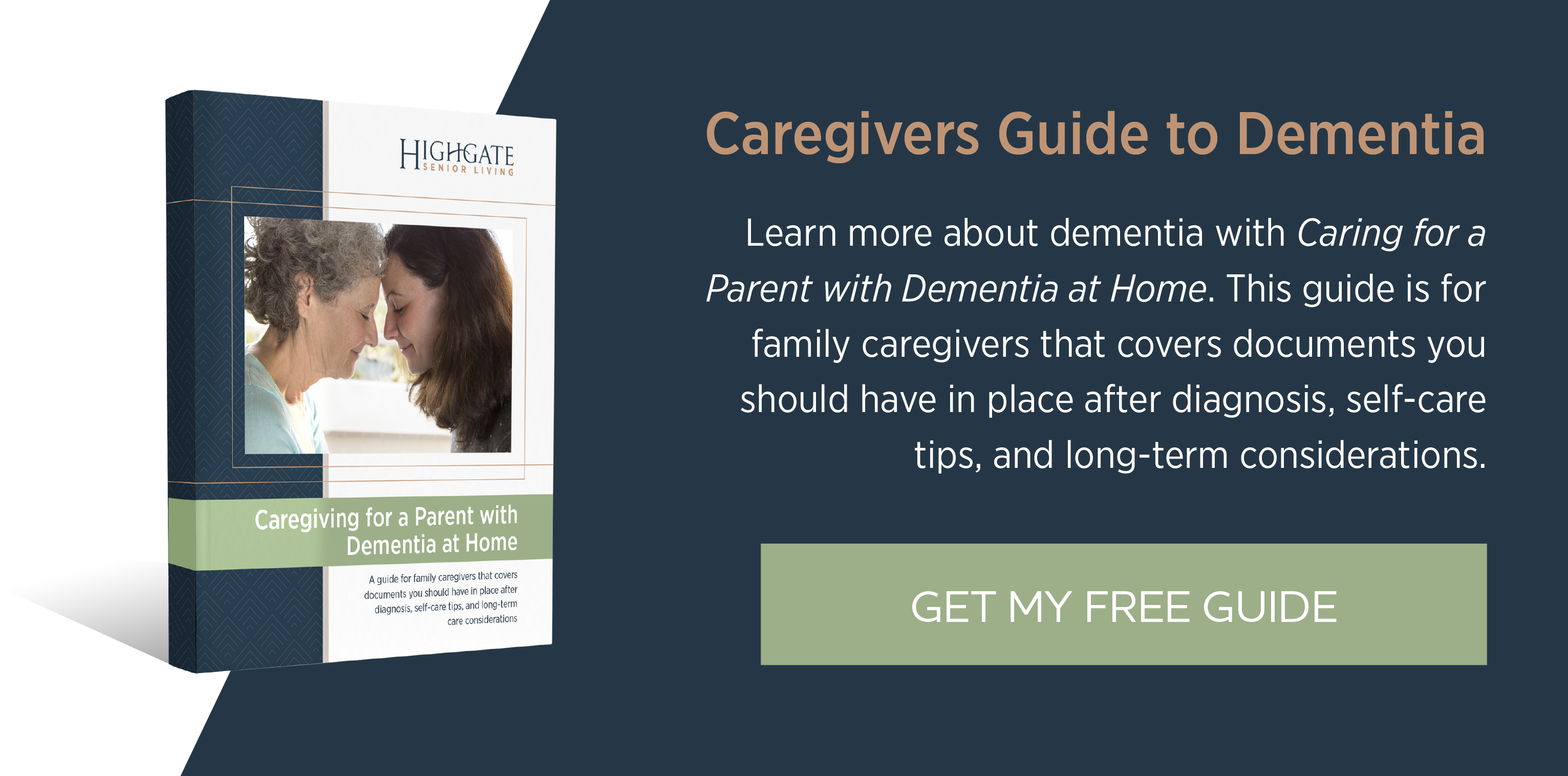 Caring for your parent with dementia may be one of the hardest experiences of your life. Not only is it a progressive brain condition that worsens over time, making them forgetful, difficult to communicate with, and in need of lots of care, but it can also change their personality. You won’t be dealing with the same parent who raised you, and that alone is difficult to accept.
Caring for your parent with dementia may be one of the hardest experiences of your life. Not only is it a progressive brain condition that worsens over time, making them forgetful, difficult to communicate with, and in need of lots of care, but it can also change their personality. You won’t be dealing with the same parent who raised you, and that alone is difficult to accept.
Since the symptoms of dementia worsen over time, it’s important to understand what stage your loved one may be experiencing. Some of the stages may overlap and affect each person differently. Below is a list of early-, mild- and late-stage dementia symptoms and changes that may occur in your loved one.
Early Stage Dementia
In the early stages of dementia, your parent may still be able to live and function independently. Although, they will probably be aware that they’re experiencing a problem. Common symptoms they may experience are:
- Realizing they’re forgetting more than they used to, such as people’s names.
- Concentration becomes more difficult, as is the ability to find the right word to say.
- Misplacing things and exercising unusually poor judgment.
- Acting out in fear or confusion.
Although you may not be able to stop any of these changes from happening, detecting them early on can help. You may be able to provide them with medications that may help lessen symptoms or try holistic approaches, such as aromatherapy or massage therapy to ease their behaviors and anxiety.
Middle Stage Dementia
The middle stage of dementia is typically the longest. At this point, your parent will begin repeating themselves — a lot. Symptoms may include:
- Telling the same stories over and over.
- Drawing a blank on their grandkids’ names, or failing to even recognize you.
- Simple tasks will begin to seem complex, and they’ll forget the sequence.
- Forgetting to bathe or change clothes each day, and incontinence is common.
- No longer able to drive, manage their finances, or healthcare.
- Not able to sleep, or sleep during the day instead of nighttime.
- Forgetting what day it is or not being able to recall major life events.
- Wandering off frequently and getting lost easily.
- Difficulty communicating with others.
- Personality changes such as experiencing delusions and compulsive, repetitive behaviors.
During the middle stage of dementia is usually when most families need to start providing a greater level of care for their loved one with dementia. You may need to hire additional help such as an in-home caregiver, or look into different memory care communities in your area.
Late Stage Dementia
In the final stages of dementia, your loved one will lose the ability to engage with people and will likely need extensive help with daily activities. Symptoms during this stage can include:
- Losing the ability to walk or sit.
- Becoming more prone to falling and experiencing various other accidents.
- Fighting off infections much of the time, becoming more prone to pneumonia.
- Trouble eating and the ability to swallow declines.
- Lose control of bladder function.
If your loved one is experiencing any of these symptoms, they will most likely need extensive, 24/7 daily care.
Caregiving for your loved one with dementia may become too much, and that’s okay. It may be in their best interest to move to a memory care community. Staff members are specifically trained in providing care for elderly adults with dementia. This can provide them with an environment to live their life with dementia to the fullest.






